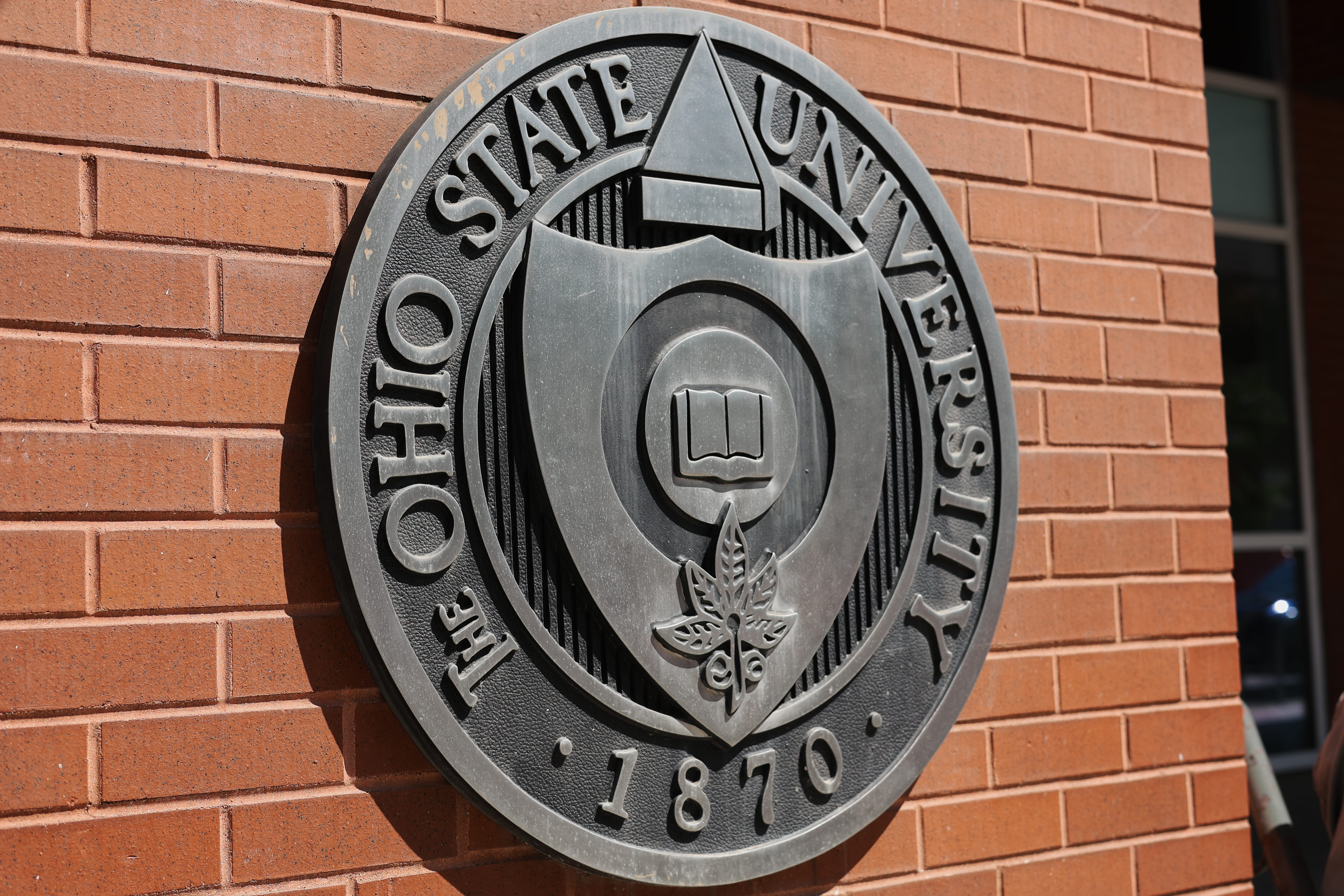
Ohio State filed two petitions to the U.S. Supreme Court Tuesday in an attempt to block sexual abuse lawsuits from over 100 survivors of former university physician Richard Strauss. Credit: Katie Good | asst. Photo Editor
Ohio State filed two petitions to the U.S. Supreme Court Tuesday in a final attempt to block sexual abuse lawsuits from over 100 survivors of former university physician Richard Strauss.
The Sixth Circuit Court of Appeals allowed Ohio State to appeal to the Supreme Court Dec. 21, 2022. This effort comes after the university filed an en banc review in September 2022, which was denied Dec. 14, 2022.
In the Tuesday news release, Ohio State claimed it’s petitioning the Supreme Court because the Sixth Circuit ruling “effectively eliminates the statute of limitations for Title IX, allowing claims that are decades old to move forward, and potentially expands Title IX to anyone who steps foot on a campus.”
According to the release, the university wishes the Supreme Court will “uphold its commitment to statutes of limitations that begin when an injury occurs – not decades later.”
After the Sixth Court dismissed plaintiffs’ lawsuits against the university for its handling of Strauss’ abuse, plaintiffs appealed to reverse this decision and won in September 2022. The university’s en banc petition attempted to appeal this reversal, but it was denied. The court’s reasoning was that the claims did not start until April 2018, when survivors discovered they were abused after Ohio State launched an investigation into Strauss. The court claimed Ohio’s two-year statue of limitations for sexual abuse cases did not pass.
Ilann Maazel, an attorney representing sexual assault survivors of Strauss, said the university “chose to do the wrong thing.”
“This is a baseless and transparent attempt to delay justice for hundreds of sexual assault survivors,” Maazel said. “Yet again, the Ohio State University hides behind a phony statute of limitations defense.”
After Ohio State filed for the en banc review, seven Midwestern universities voiced their support of Ohio State through an amicus brief — a petition filed by unrelated parties to a case in support of an action to try to influence the court.
According to the petition, the seven universities said the Sixth Circuit’s ruling could put universities at risk of being sued over decades-old claims.
“The Sixth Circuit’s ruling extending Title IX’s judicially implied cause of action to essentially anyone who steps foot on a university campus underscores the implications of the Sixth Circuit’s extreme decision and the need for this Court’s intervention,” the petition said.
Strauss was a varsity team sports doctor and physician at the Student Health Center from 1978-98, but no action was taken against Strauss’ abuse by the university until 2018.
An independent investigation in 2019 found that Strauss sexually abused at least 177 students and student-athletes during his tenure, and that university officials were aware of the abuse and failed to prevent or address it.
Strauss died by suicide in 2005.
The Supreme Court receives approximately 7,000 petitions a year, but of those petitions, it only hears 100–150 cases, according to its media guide. At least four of the nine justices must vote to hear the case. If the high court rejects the university’s request, the survivors will be able to move forward with their lawsuits.
Since 2018, more than 500 victims of Strauss — nearly all men — have sued the university for failing to address Strauss’ abuse and harassment. Including the most recent settlements in July 2022, 296 victims have settled in exchange for dropping lawsuits against Ohio State for a total amount of $60 million.
The university established the Strauss Individual Settlement Program in 2020 to provide individual settlements to survivors involved in five open cases against Ohio State in exchange for dropping their lawsuits and claims.


